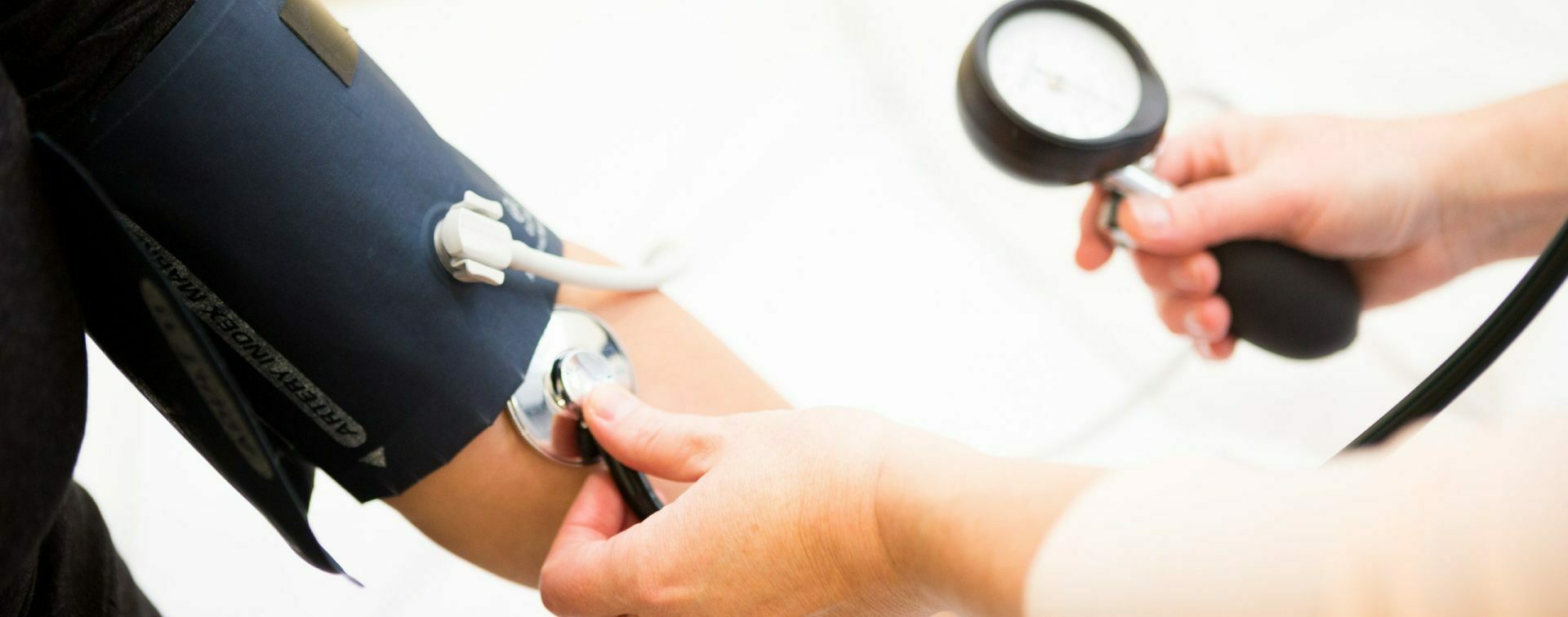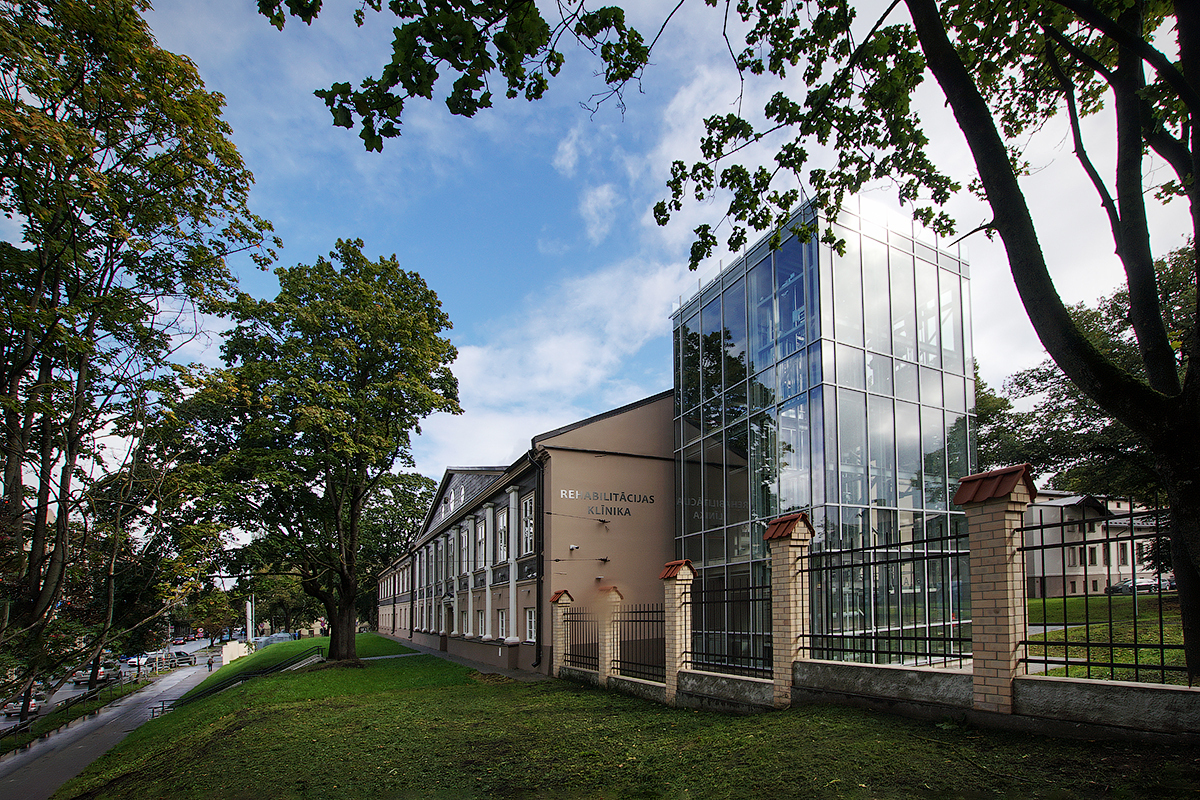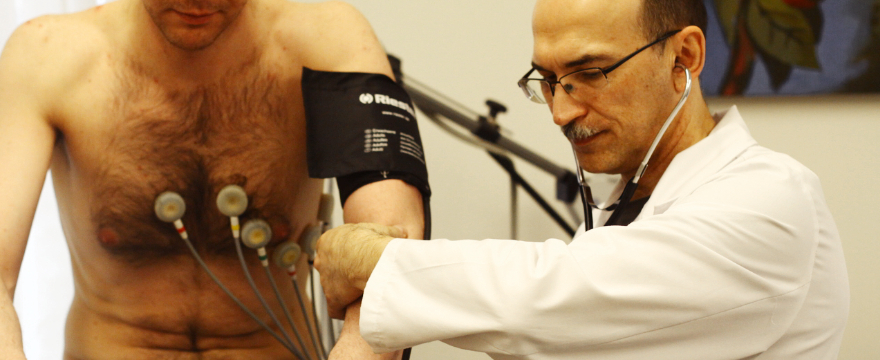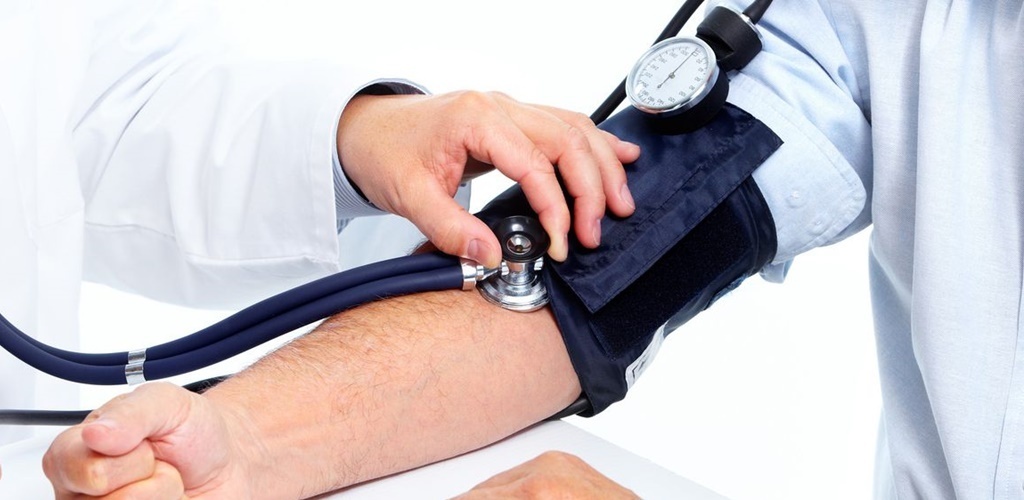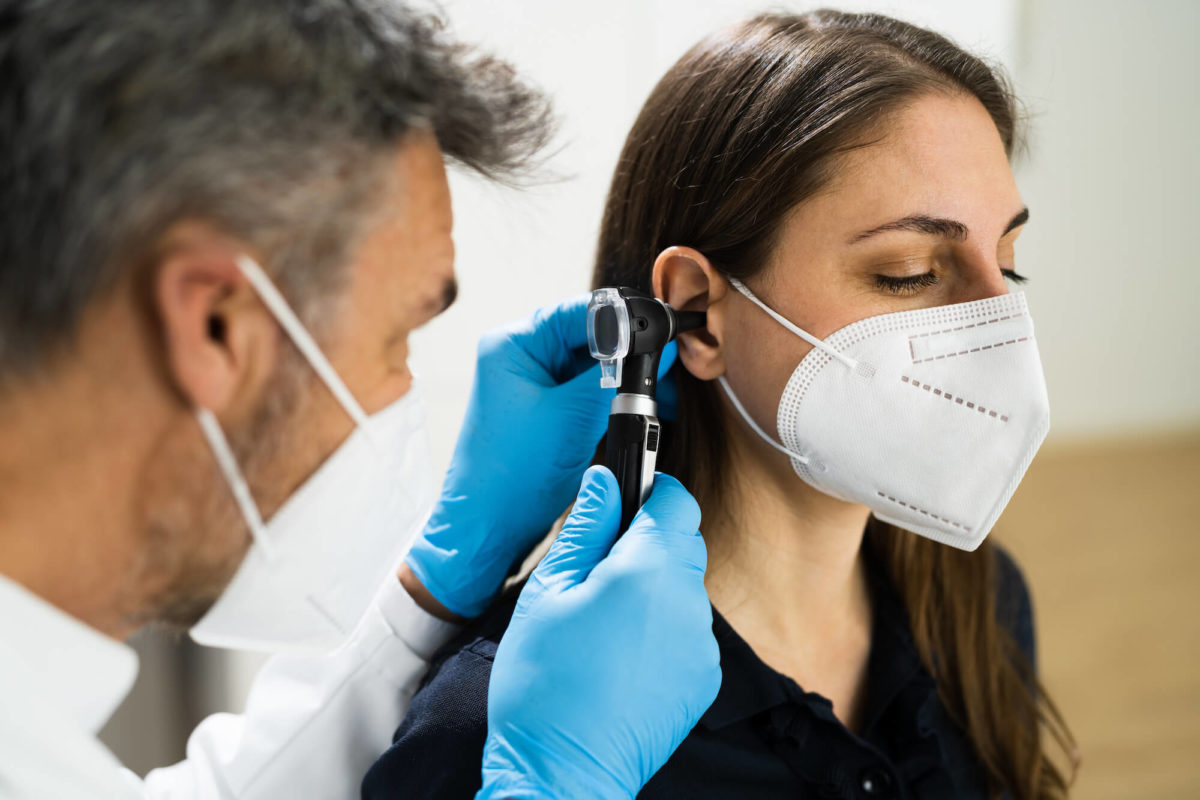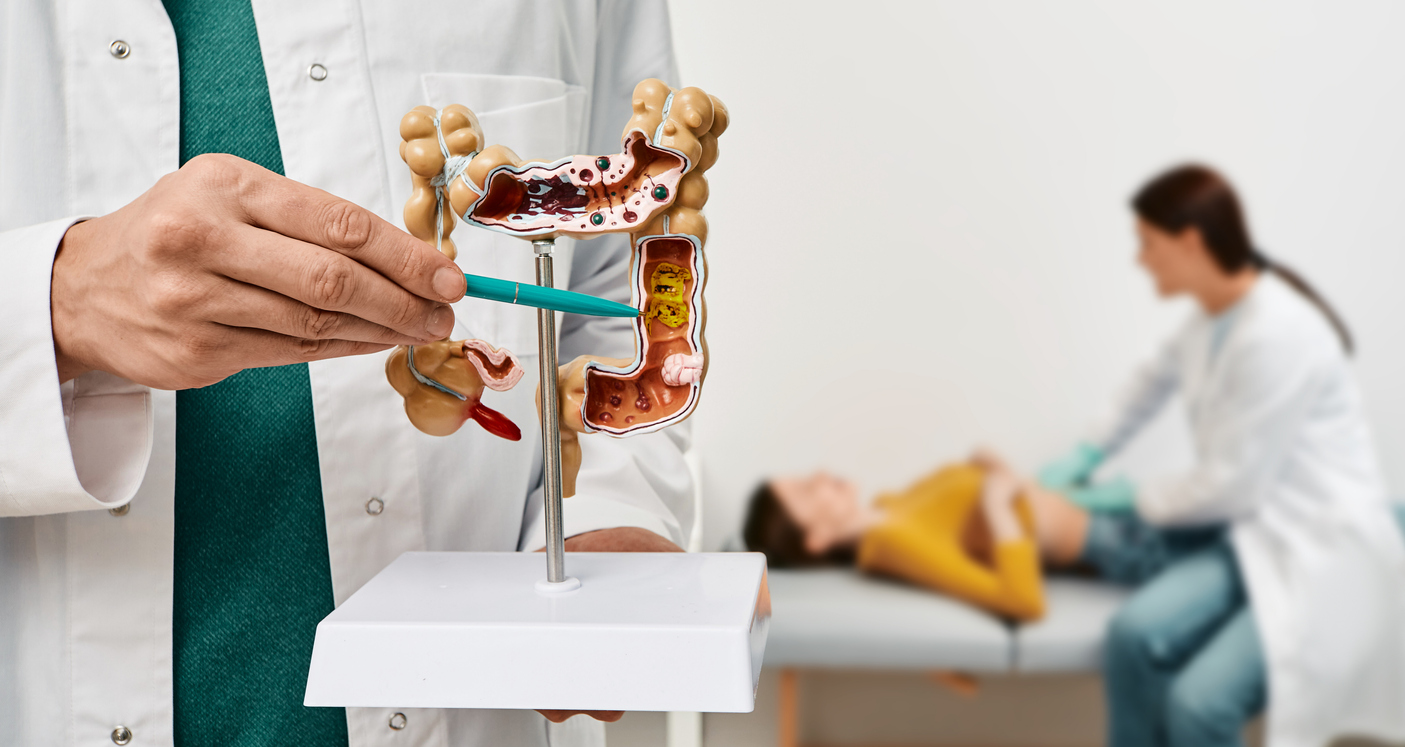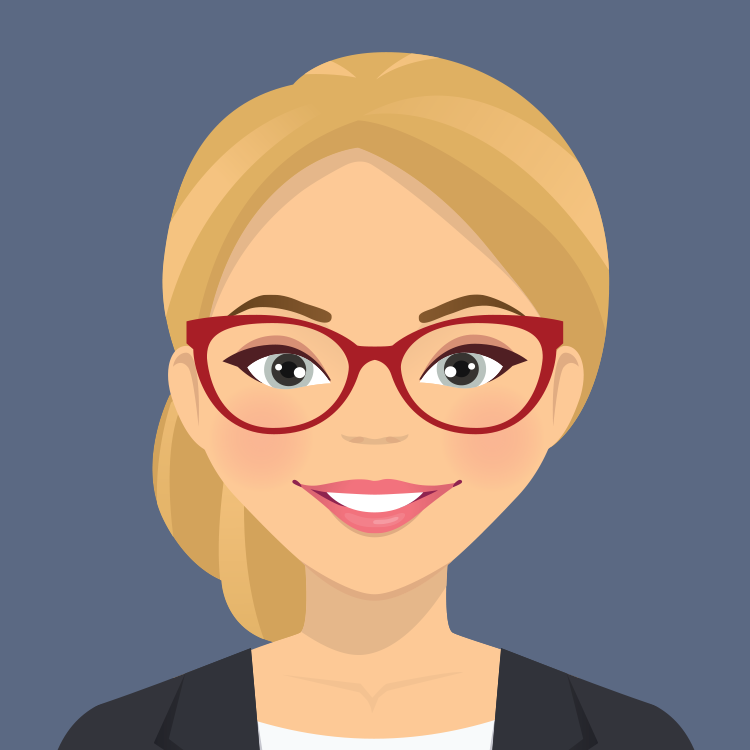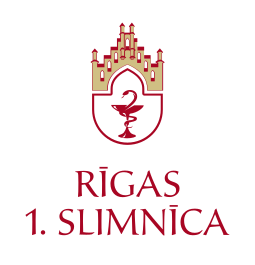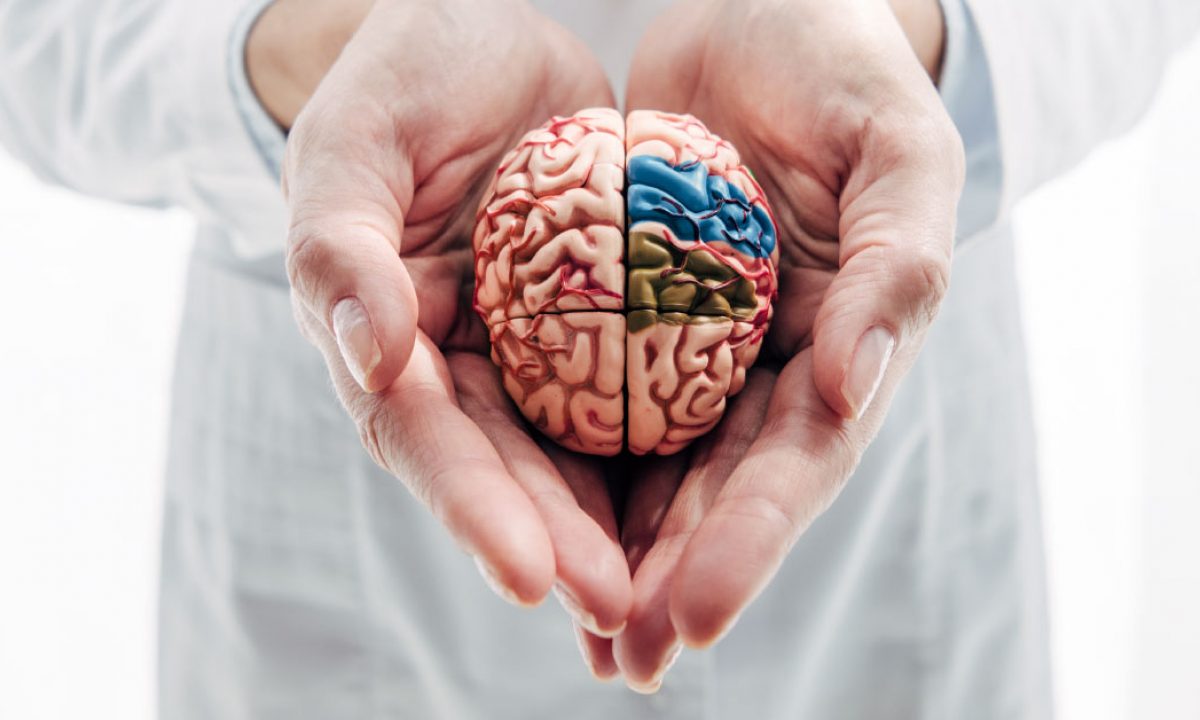
Neurologist – expert in diagnosing and treating nervous system disorders and diseases
A neurologist is a doctor specializing in neurology, a branch of medicine that focuses on diagnosing and treating nervous system disorders and diseases. They are experts not only in diagnosing and treating illnesses but also in educating patients. At Rīgas 1. Slimnīca, neurologists provide services in both inpatient and outpatient settings. Neurologists for children offer consultations and treatment for those under 18.
Neurology – the science of the nervous system and its diseases
Neurology encompasses knowledge of the anatomical structure and physiological functioning of the nervous system, as well as the prevention, diagnosis, and treatment of neurological diseases. The primary goal of neurology is to detect and treat pathologies of the nervous system, including disorders of the brain and spinal cord (central nervous system), as well as diseases of the peripheral nervous system and its subdivisions (autonomic/vegetative and somatic nervous systems).
Groups of neurological diseases:
- Headaches, dizziness, and balance disorders
- Movement disorders (e.g., Parkinson’s disease)
- Vascular diseases of the nervous system (e.g., stroke), loss of consciousness, and epilepsy
- Degenerative diseases of the nervous system (e.g., Alzheimer’s disease)
- Peripheral nervous system disorders (e.g., neuropathy, radiculopathy)
- Spinal diseases
- Disorders of the autonomic nervous system
- Nervous system infections, injuries, and congenital disorders
Neurological treatment options at Rīgas 1. Slimnīca
Rīgas 1. Slimnīca offers various treatment options for neurological diseases, from outpatient consultations to monitoring in the day hospital.
Outpatient services include:
- Neurologist consultations
- Laboratory and diagnostic tests
- Medication therapy
- Injections
- Consultations with other specialists
- Physical therapy, physiotherapy, and massages
- Dynamic follow-up after therapy for chronic conditions
In the day hospital, patients receive:
- Comprehensive diagnostic evaluation within 2-3 days
- Rational treatment, rehabilitation, and preventive methods
The day hospital offers single and double rooms for patients, with special comfort rooms and facilities for patients with special needs.
How does a neurologist choose treatment methods?
Treatment methods are chosen by neurologists based on evidence and clinical studies. While there are guidelines for therapy, each patient is evaluated individually and receives personalized treatment.
Many treatment and rehabilitation methods, as well as the understanding of a healthy nervous system, are based on the concept of neuroplasticity—the ability of brain cells to regenerate throughout life and form new or forget old connections (synapses).
Important tips for recognizing a stroke!
If stroke symptoms suddenly appear—such as paralysis on one side of the body, numbness, weakness, difficulty speaking, understanding speech, vision problems, dizziness, or loss of balance and coordination—perform the
FAST test to quickly assess the possibility of a stroke:
- F – Face: Ask the person to smile. Check if one side of the face droops.
- A – Arms: Ask the person to raise both arms. Check if one arm drifts downward or cannot be raised.
- S – Speech: Ask the person to repeat a simple sentence. Check if their speech is slurred or strange.
- T – Time: If you observe any of these signs, time is critical. Call emergency services, by calling 113 immediately. Quick treatment can minimize the effects of a stroke.
A stroke is a sudden illness. There’s no way to prepare for it in advance. A person can feel fine and suddenly lose control over one arm, leg, facial expressions, or their ability to speak. Unlike conditions like a heart attack or appendicitis, a stroke often occurs without pain. However, doctors now have far more tools to help patients if the early signs of a stroke are recognized.
Other related services
